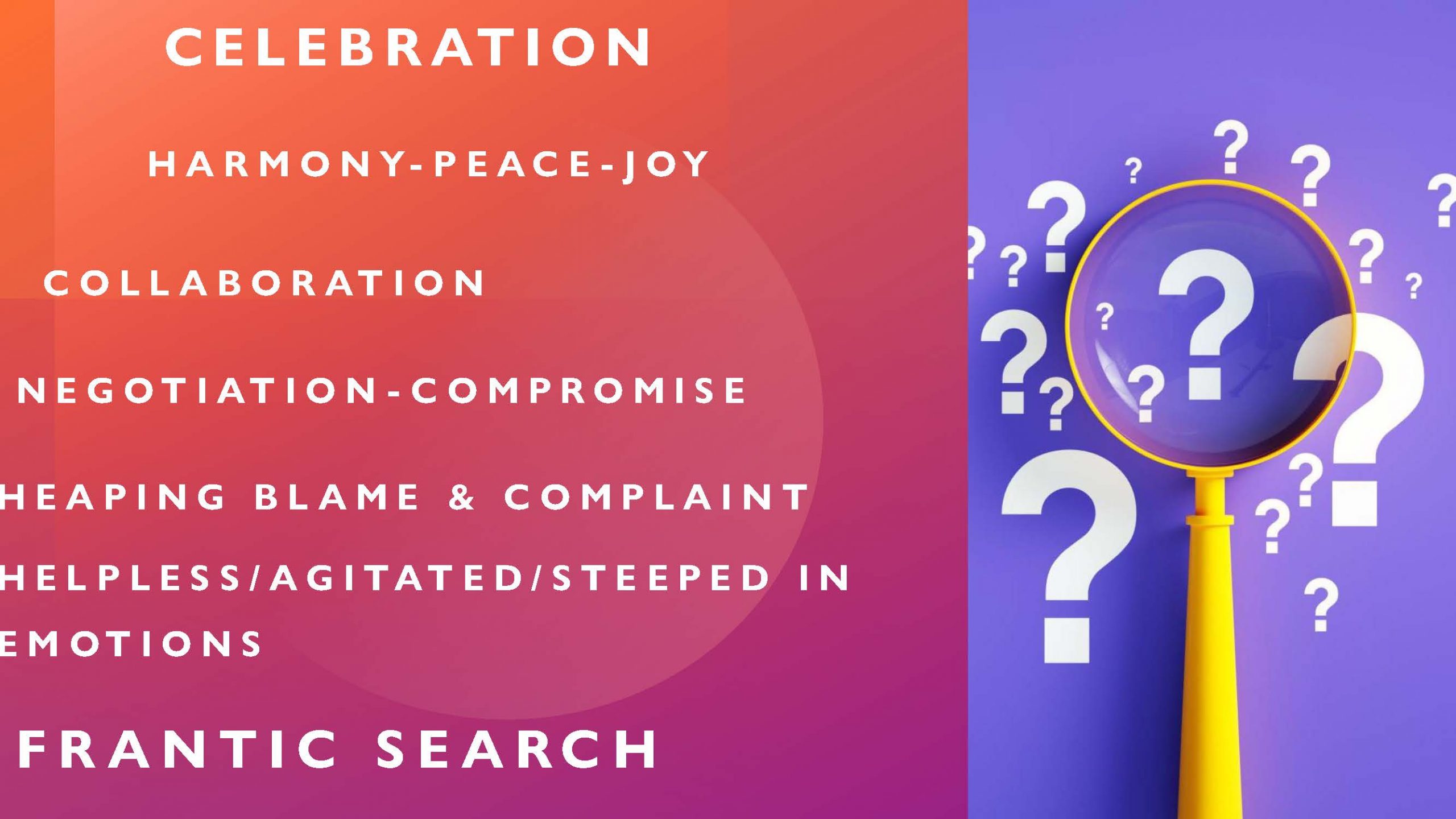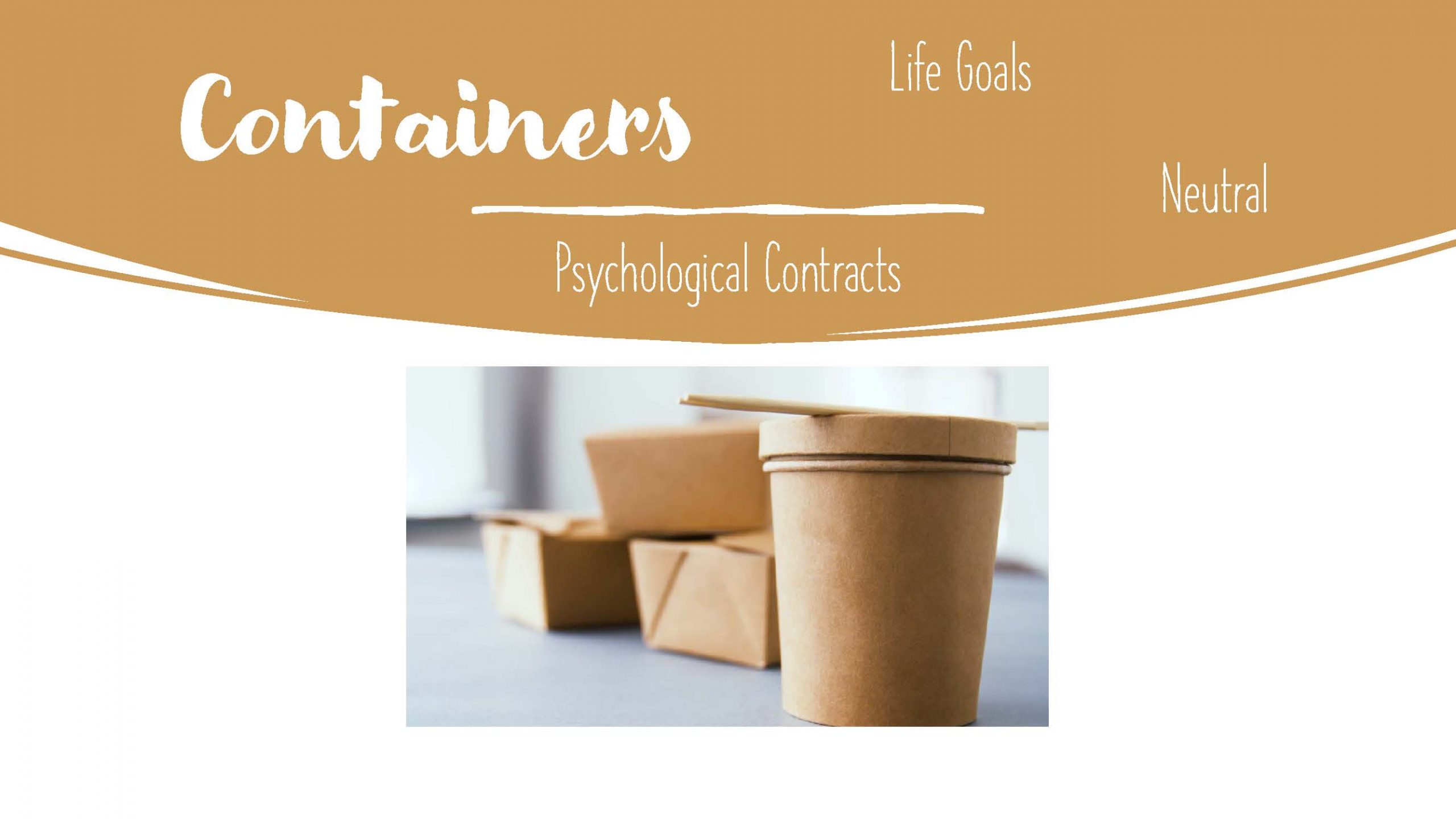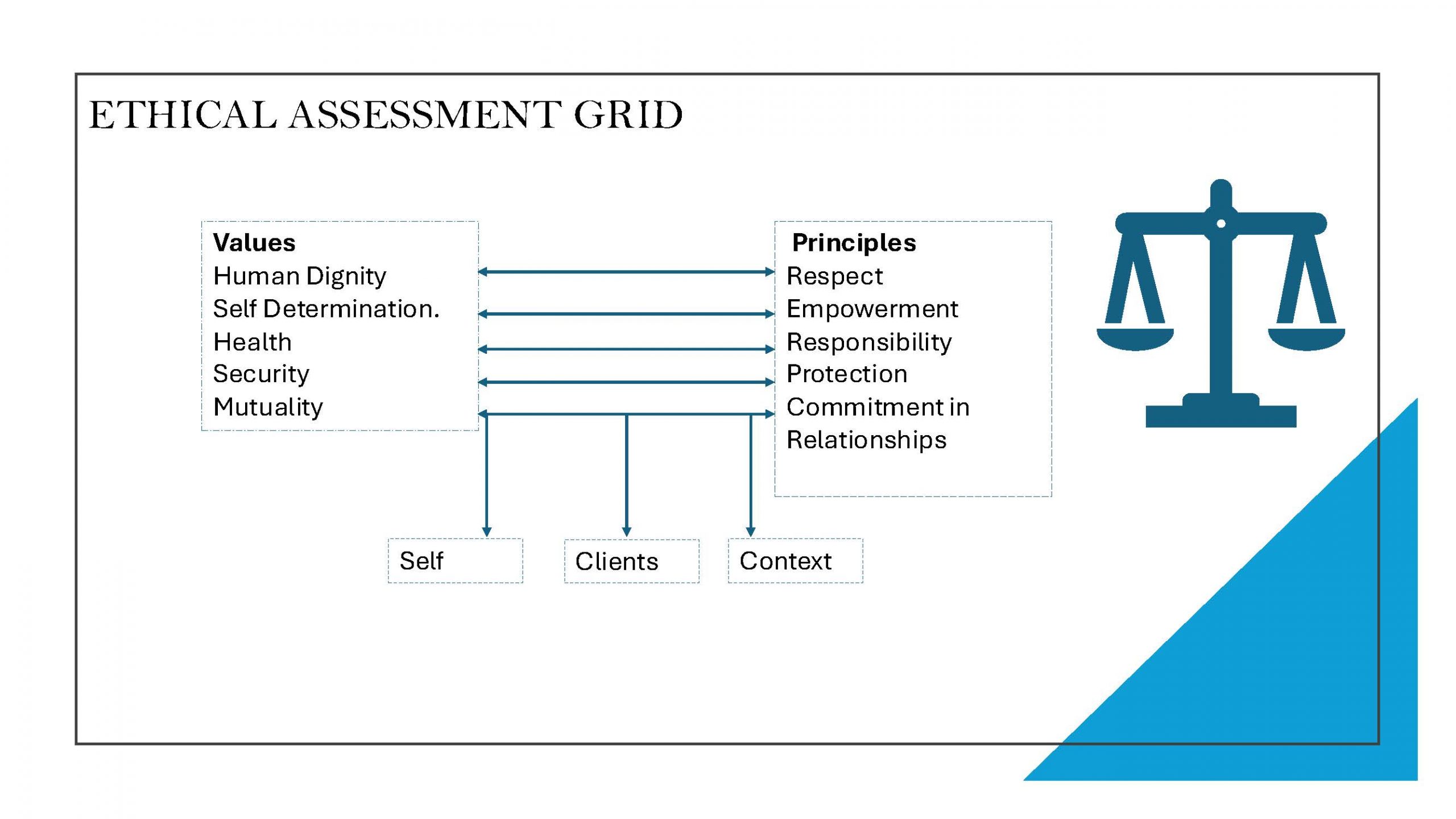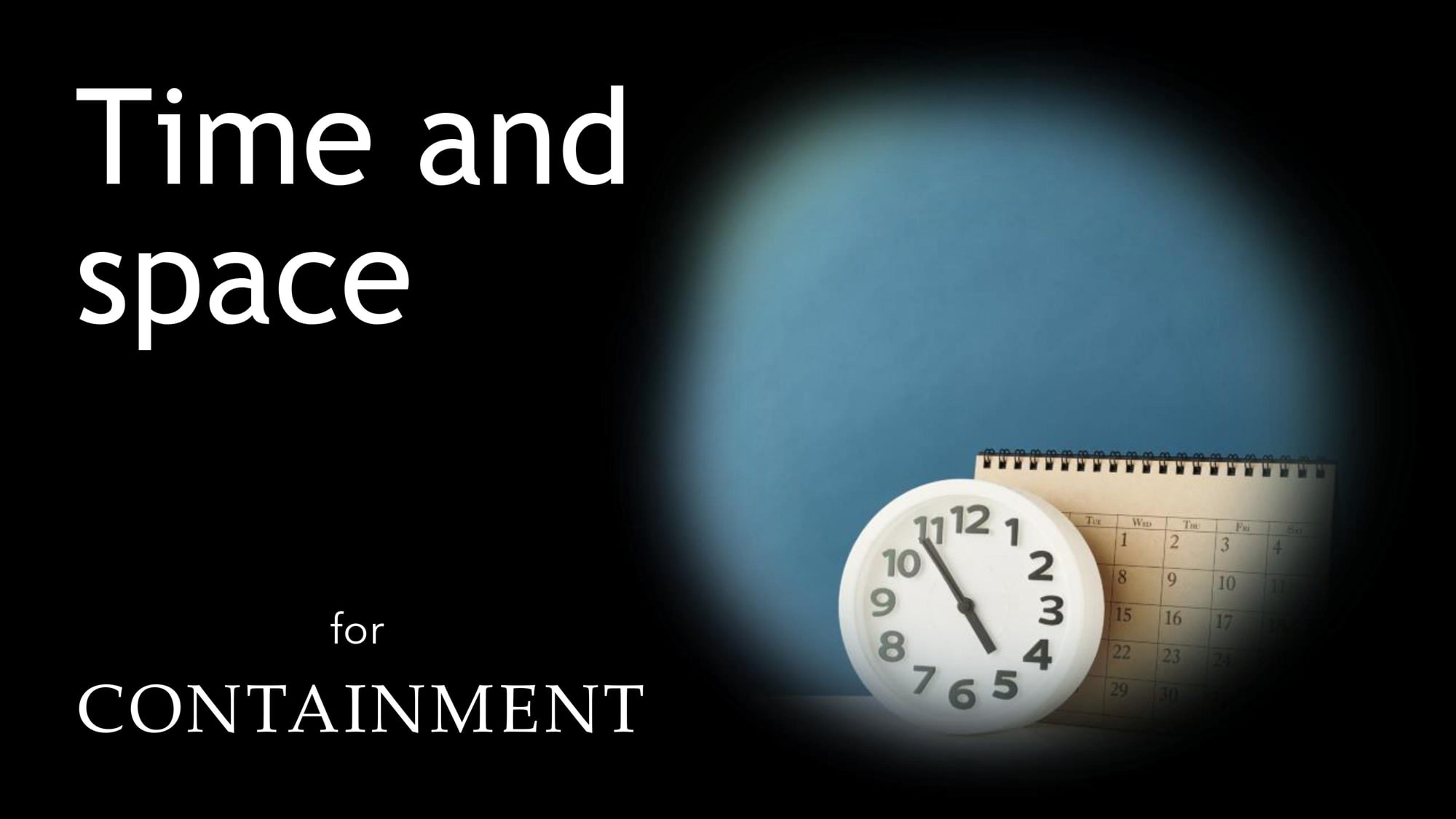Energy-Self-Others-Environment. MRR: Part 5
Dear Readers, Welcome to SC Musings, Blog 18,
Up till now we have been exploring Energy-Self-Others-Environment, individually and in cumulative progression as follows :
- Energy
- Energy n Self
- Energy n Self n Other
- Energy n Self n Other n Environment.
In this Blog we delve deeper into them and as mentioned in Blog 17 attempt to witness Managing, Regulating and Refining-MRR- them.
So, let’s begin with a case study.
I chose to discuss this family case study*, because it presents the experiences of 2 generations, parents and their adult children, along with the counselling interventions for MRR.
Latha* and Anand* frantically contacted me through Nitya Gurukula. They had benefitted from NG counselling many years ago for issues pertaining to extended family dynamics. Value based and ethical in personal and professional lives, Latha and Anand faced plenty of jealousy, spurting out as sarcasm and put down’s from relatives. Regularly attending counselling sessions, the couple gradually established psycho-social boundaries (Musings,2024) and turned their attention to their family and profession, which blossomed and grew. Their children successfully completed their studies and became experts in their respective fields and their industries flourished. However, a sudden turn of events, shocked and shook them.
Rooted in tradition, Latha and Anand, had dreamt of their children’s marriages and were shaken when one of their children wanted to marry outside their community. Blaming, complaining, withdrawing happened in the family, leading to the frantic cry for help.
Separate counselling sessions were provided for parents and the youngster by Nitya Gurukula resources for over a year. Intensity of the anguish, angst, deep hurt and sadness reduced slowly, with acceptance and understanding gently slipping in.
A sudden shift happened with the youngster deciding to give up her relationship – firmly declaring that she would not consider marriage. Latha and Anand accepted her decision, though disheartened by her declaration. Status quo continued for about 10 months, after which the youngster agreed to get married. Happiness and satisfaction now prevail in the family, as they settled down to their new roles and responsibilities.
Tracing the movement of events from the frantic search for help, to heaping blame and complaints, to negotiating, culminating in collaboration and finally celebration, we can visualise the environment enveloping the family, during each of these phases. From an intense suffocating environment, they moved to peace, harmony and joy. This dynamic movement is a Panic Cycle which resulted in Resolution captured in Figure 18.1.

Why and how did this happen??
Coming back to our case-study, parents Latha and Anand’s attention centered around their children and their work. Their life followed a linear path till one of their youngsters’ wanted to make the choice of a life partner . Community was not the only issue, reported the parents, but, they also sensed disturbing psychological underpinnings in the chosen relationship.
NG Counsellors, working independently with the youngster and the parents respectively, were neutral. Their contract (Berne, 1966.p.87-97, 362) was to be present to their clients, receive their emotions and thinking manifesting through their communication, help them making meaning and carve out life goals. They were thus compassionate receptors of the family outpourings.

The counselling environment initially was filled with heightened emotions, despair, guilt and anger, to name just a few. There was an ‘intersectionality’ of roles. Intersectionality is a psycho-social term which refers to overlapping identities and roles. For example, parents have multiple identities in the community he/she belong in- they may be a sibling or a friend, or industrialist etc. There is bound to be a clash between these identities within a person and it is often acted out in relationships. Parents and the youngster went thru these internal conflicts, which came out as anger and disappointments towards the counsellors. Counsellors went through their own internal role clashes as they were also parents.
Values and contracts helped counsellors hold the space for the clients, both parents and the youngster, to open up, vent out, explore and make meaning. The youngster made the decision to step back from the relationship unilaterally due of the parents’ stance of non-participation in the wedding. They were firm and did not budge from their position, and after haggling, with and without the counsellors presence, the youngster gave in.
Supporting the youngster through the loss of the relationship followed, culminating with the youngster renewing relationship with parents. The whole process, which continued for about a year depicts MRR- Managing-Regulating-Refining energy in relationships.
Explosive energy in relationships was gradually tempered down to manageable levels. Values and value clarification was the foundation of this entire venture. Let us now explore values. Values -morality-ethics are often used interchangeably. In Nitya Gurukula, we differentiate these words, assigning deeper meanings, because they are the foundation of our People Work. Over the years, Values, Principles and ethics from ITAA-World, the International Transactional Analysis Association has been as a guide for managing NG and for assessing our service outcomes. ITAA values and principles (2014) in turn have been adopted from the United Nations and the European Association of Transactional Analysis (EATA).

Ethics Assessment Grid in Figure 18.3. presents the values, ethical principles and the populations considered for assessment. The 5 values listed are core values- operationalised using the 5 principles as follows:
- Respect given to individuals regardless of their class, caste, colour, religion etc. establishes their dignity,
- Empowerment fosters self-determination, which is freedom to choose,
- Responsibility ensures health and wellness,
- Protection provides security and
- Commitment in relationships confirms mutuality.
Through continuous supervision, reflection and practice, the above mentioned values and principles are applied in counselling to ensure protection for our clients, counsellors and the environment.
Even in difficult situations like those referred to in the case study, values and principles help to contain the surges of emotions and resultant behaviours. Time and space are also important aspects of containment. Duration during and between counselling sessions is vital while dealing with situations.

In this Blog 18, we have had a glimpse of MRR- Managing-Regulating and Refining, Energy-Self-Other-Environment from the perspectives of parents, youngsters and the counsellor.
Meta thinking on this topic will be considered in our next Blog.
Looking forward to seeing you Dear Reader in a fortnight.

References
Berne, E. (1966). Principles of Group Treatment. United States: Grove Press.
ITAA Ethics. Retrieved from: https://www.itaaworld.org/sites/default/files/itaa-pdfs/gov-admin-docs/12-5-14 Revised Ethics_0.pdf
Psycho-Social Boundaries, (2024): Blogs7,8,9. https://www.nityagurukula.org/sc-musings/boundaries-psycho-social-boundaries/